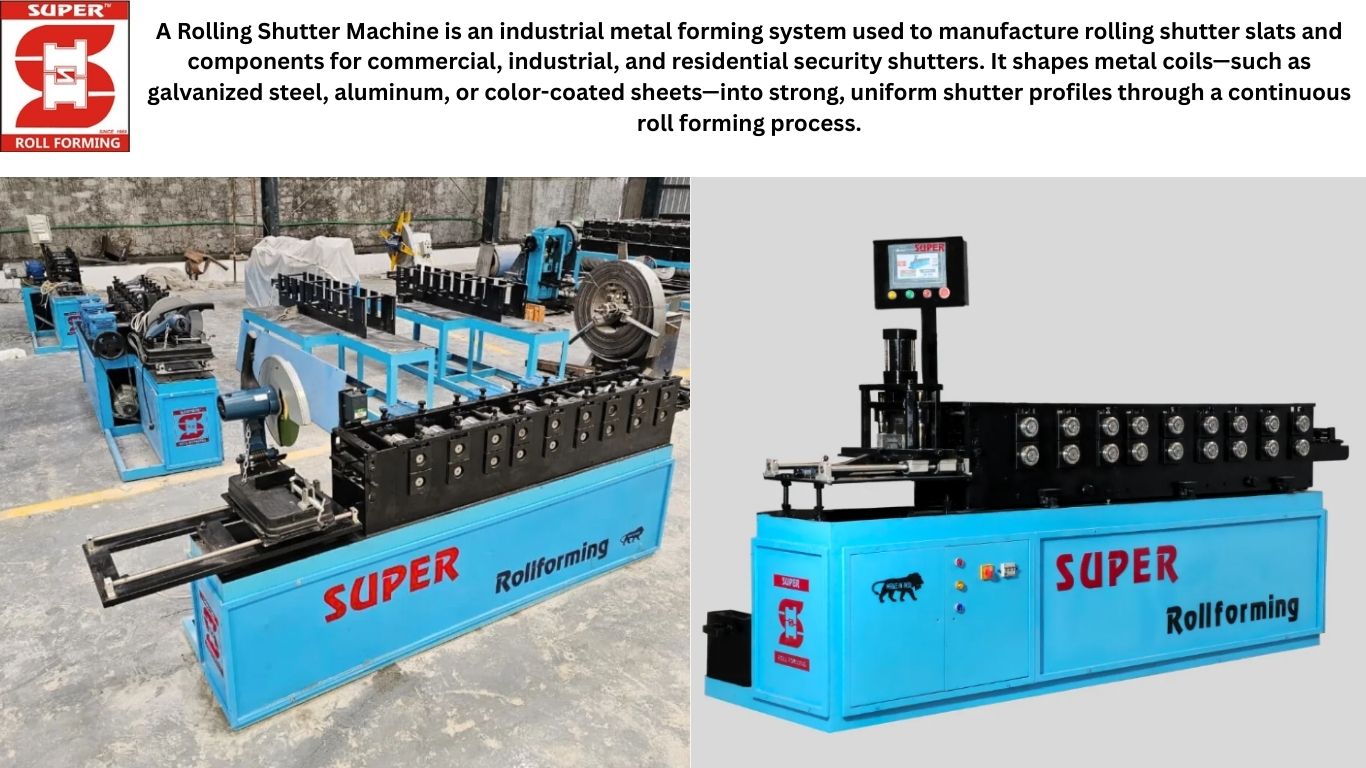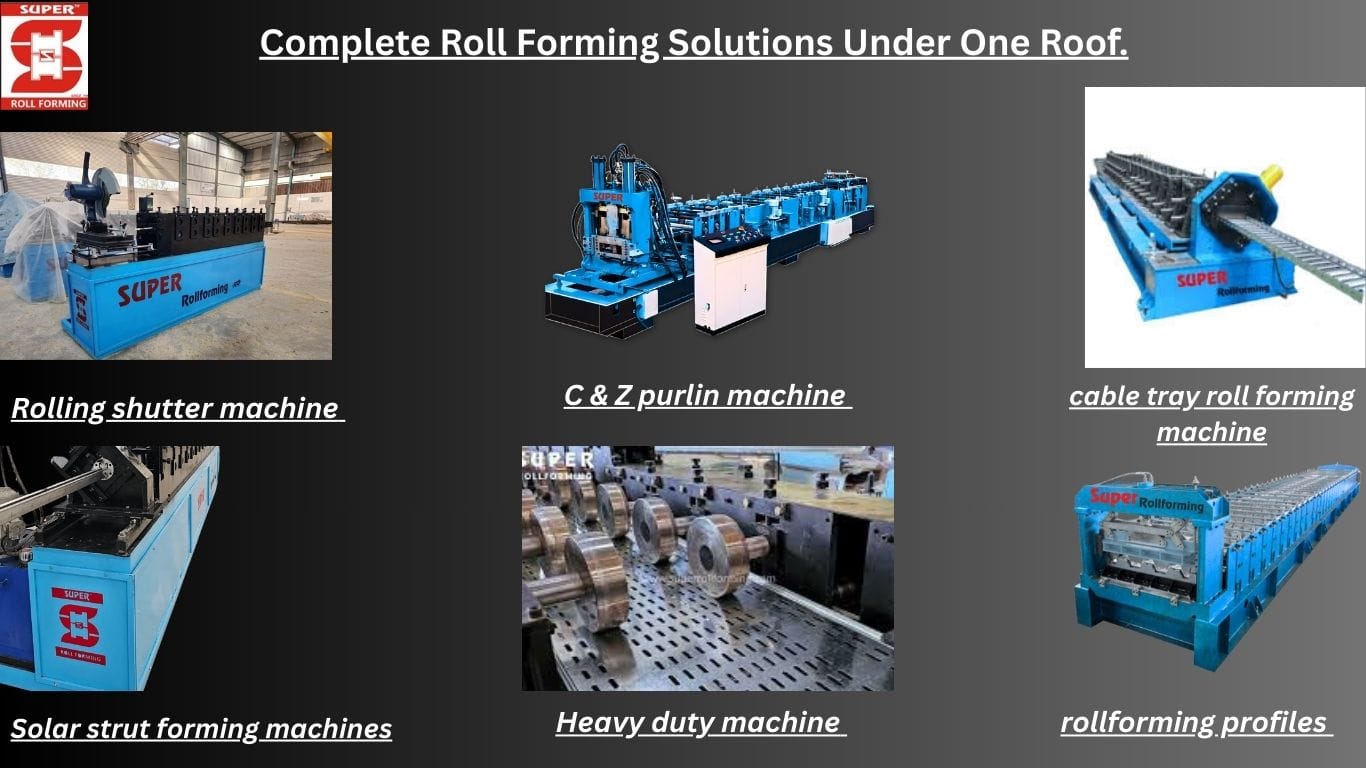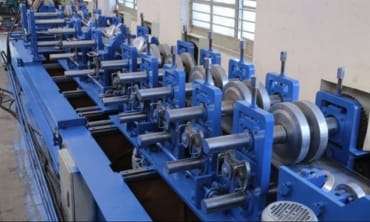Global trade policies significantly impact manufacturing industries, including roll forming. Changes in tariffs, import-export regulations, and international trade agreements create a landscape where manufacturers must adapt to stay competitive. This article delves into the effects of trade policies on roll forming manufacturers, highlighting both challenges and opportunities for growth.
Table of Contents
- Introduction
- Key Trade Policies Impacting Roll Forming Manufacturers
- Challenges Posed by Trade Policies
- Opportunities Created by Favorable Trade Policies
- Strategies for Roll Forming Manufacturers to Navigate Trade Policies
- Conclusion
1. Introduction
In the increasingly interconnected global economy, trade policies set by governments worldwide directly impact manufacturing sectors. Roll forming manufacturers, who rely on raw materials and international markets, are particularly affected by shifts in trade policy. From increased tariffs to sudden policy changes, roll forming manufacturers must stay agile and responsive to maintain profitability and sustainability.
2. Key Trade Policies Impacting Roll Forming Manufacturers
Several core trade policies directly impact roll forming manufacturers, shaping their cost structures and competitive advantage.
Tariffs and Import Duties: Increased tariffs on raw materials like steel can lead to higher production costs for roll forming manufacturers, affecting profitability.
Export Regulations: Countries often impose export regulations to protect domestic industries, which can limit roll forming manufacturers’ ability to enter new markets.
Free Trade Agreements (FTAs): FTAs between countries, like NAFTA or the EU-Japan trade agreement, can reduce trade barriers, giving manufacturers a competitive edge in foreign markets.
Anti-Dumping Measures: To prevent low-cost imports from flooding the market, anti-dumping measures can protect local manufacturers but may raise costs if they depend on these imports.
3. Challenges Posed by Trade Policies
Trade policies present multiple challenges to roll forming manufacturers, especially in terms of cost and supply chain management.
A. Increased Production Costs
Trade policies like tariffs on imported steel or aluminum can drive up raw material costs, putting financial pressure on manufacturers. Higher costs are often passed down the supply chain, affecting pricing and margins.
B. Supply Chain Disruptions
Sudden changes in import-export regulations can disrupt supply chains, leading to delays in production. Manufacturers must often find new suppliers or pay premiums for raw materials during disruptions, which can be costly and time-consuming.
C. Limited Market Access
Restrictive trade policies can limit access to foreign markets, making it difficult for roll forming manufacturers to expand their customer base internationally. In certain regions, complex regulations and tariffs may lead companies to reconsider international growth plans.
D. Increased Compliance Costs
Navigating the compliance requirements associated with international trade, especially in regulated markets, can be challenging and costly for roll forming manufacturers. From additional documentation to quality standards, compliance costs add to the financial burden.
4. Opportunities Created by Favorable Trade Policies
While trade policies pose certain challenges, they also open doors for growth and market expansion when favorable. Here’s how roll forming manufacturers can benefit:
A. Access to New Markets
Free trade agreements allow manufacturers to export products with lower tariffs and reduced restrictions, helping them expand into new regions. By leveraging FTAs, roll forming manufacturers can gain a foothold in international markets with minimal barriers.
B. Competitive Pricing
With reduced tariffs on raw materials, roll forming companies can lower their production costs. This advantage allows them to price products more competitively, attracting customers domestically and internationally.
C. Encouragement of Sustainable Practices
Trade policies increasingly reward sustainable practices, such as using eco-friendly materials. Roll forming manufacturers focusing on green production practices may qualify for incentives or tax benefits under sustainable trade policies, enhancing their brand image and market appeal.
5. Strategies for Roll Forming Manufacturers to Navigate Trade Policies
Given the fluctuating nature of trade policies, manufacturers must employ proactive strategies to mitigate challenges and harness opportunities.
A. Diversify Supplier Base
By sourcing raw materials from multiple regions, manufacturers can avoid overreliance on any single source. This strategy ensures a stable supply chain, even if certain countries impose restrictions or tariffs.
B. Stay Informed on Trade Policy Changes
Roll forming manufacturers should regularly monitor policy changes and assess their potential impact. Engaging with trade associations, government resources, or hiring trade consultants can provide valuable insights.
C. Invest in Advanced Technology
Investing in automation and efficient machinery can help roll forming manufacturers reduce production costs and remain competitive, regardless of fluctuating trade conditions.
D. Focus on Sustainable Manufacturing
Embracing sustainable manufacturing practices aligns with current trends in global trade. Many regions reward sustainable practices with tax breaks, subsidies, or fewer regulatory hurdles, which can benefit manufacturers.
E. Build Partnerships with Local Distributors
In markets with restrictive policies, partnering with local distributors can help roll forming manufacturers bypass some export restrictions, offering an alternative to direct export.
6. Conclusion
Trade policies are a double-edged sword for roll forming manufacturers, creating both obstacles and opportunities. By understanding the nuances of these policies, manufacturers can effectively navigate challenges like increased tariffs and supply chain disruptions. Moreover, leveraging favorable policies can allow them to access new markets, enhance competitiveness, and adopt sustainable practices. With strategic planning and adaptability, roll forming manufacturers can thrive in a dynamic global trade landscape.






